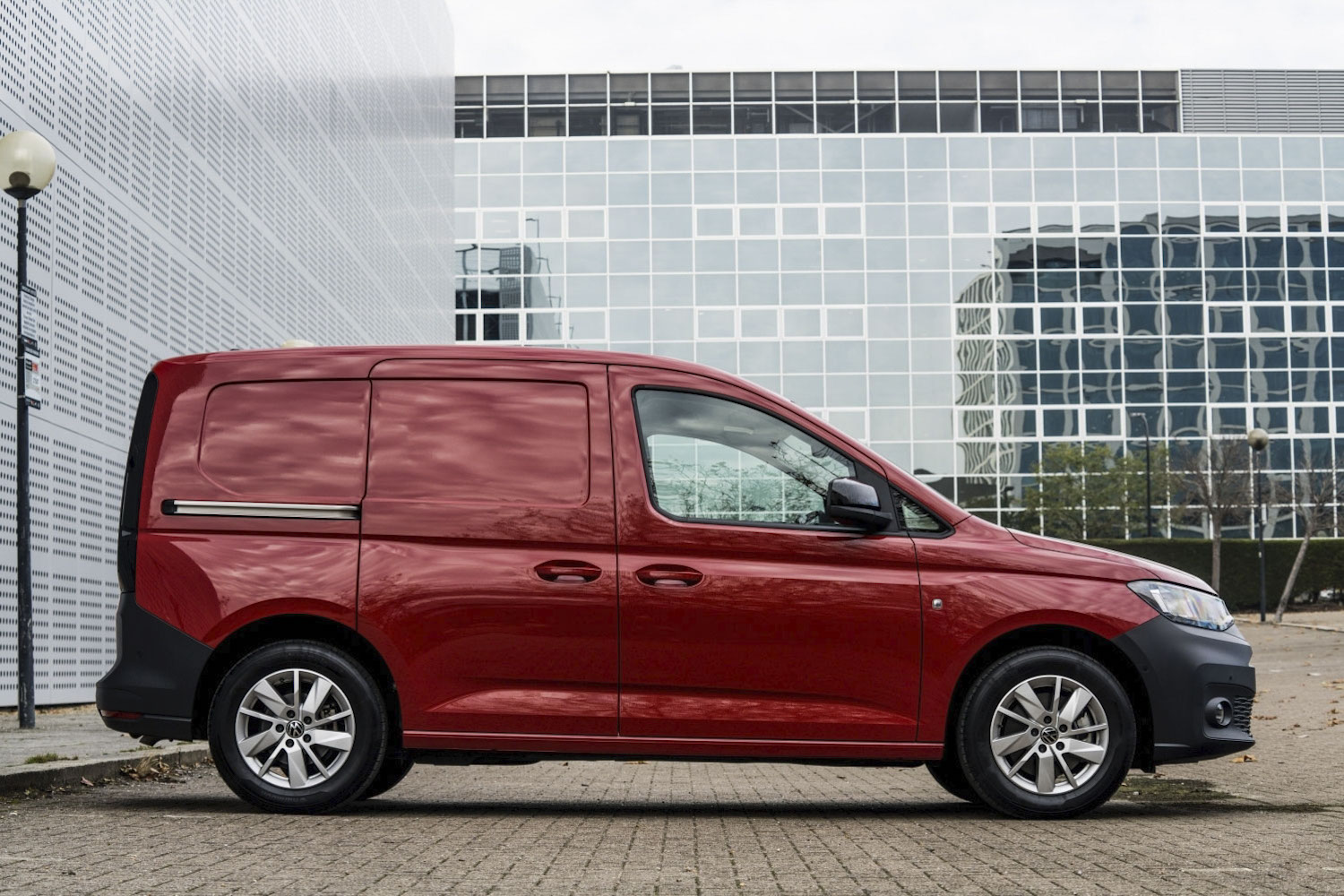Benefit in kind (BIK) is a tax imposed on goods supplied by employers to their employees that have a cash value. One of the most common examples of this is the use of a company vehicle. It is estimated that there are around 150,000 of them on Irish roads.
The rules around BIK taxation changed on 1st January 2023 due to the Government’s Climate Action Plan. The changes will impact employers/employees whose cars are in a higher CO2 emissions bracket. The BIK calculation for vans and commercial vehicles, however, is different and is based entirely on its Original Market Value (OMV).
BIK rules pre-2023
Before January 1st 2023, BIK tax for employer-provided commercial vehicles was calculated using five per cent of the OMV of the vehicle. The OMV is the cost of the vehicle prior to its registration in Ireland, including all taxes and duties. Generally speaking, the list price. For example an employee, who has the use of a company van worth €18,000 would have had €900 added to their yearly taxable pay (i.e. five per cent of €18,000). This percentage, however, has now changed.
The new BIK rules
From January 1st 2023, the OMV rate has gone up to eight per cent. This now means that the same van costing €18,000 is now subject to a €1,440 benefit-in-kind tax bill. Some €540 more than in 2022.
Examples of increased BIK rates
According to SIMI (the Society of the Irish Motor Industry), the Ford Transit Custom was the best-selling van in Ireland in 2022. Prices for a brand-new Custom start at around €35,000. With the new eight per cent BIK rate, it comes out as €2,800, against €1,750 last year. One of the cheapest big vans for sale in Ireland is the SAIC Maxus.
They start at around €29,000, which means BIK taxation of €2,320. This same van would have been subject to a €1,450 charge in 2022. Small vans, such as the Opel Combo will also be charged more. The OMV of a basic Combo is a smidge under €25,000, so the BIK charge is around €2,000, up from €1,250 a year ago.
Why the change?
The new BIK taxation changes are part of the Government’s 2021 Climate Action Plan that is targeting a wholesale switch to electric vehicles by 2030. Interestingly, the zero BIK rate on electric company cars is now being gradually phased out. Those having use of an electric van will also pay the same BIK rate as they would using a petrol or diesel model, which has led, understandably, to some bewilderment amongst industry and the public as to the motivation behind these changes.
Read how the new BIK rules apply to company cars over on CompleteCar.ie


